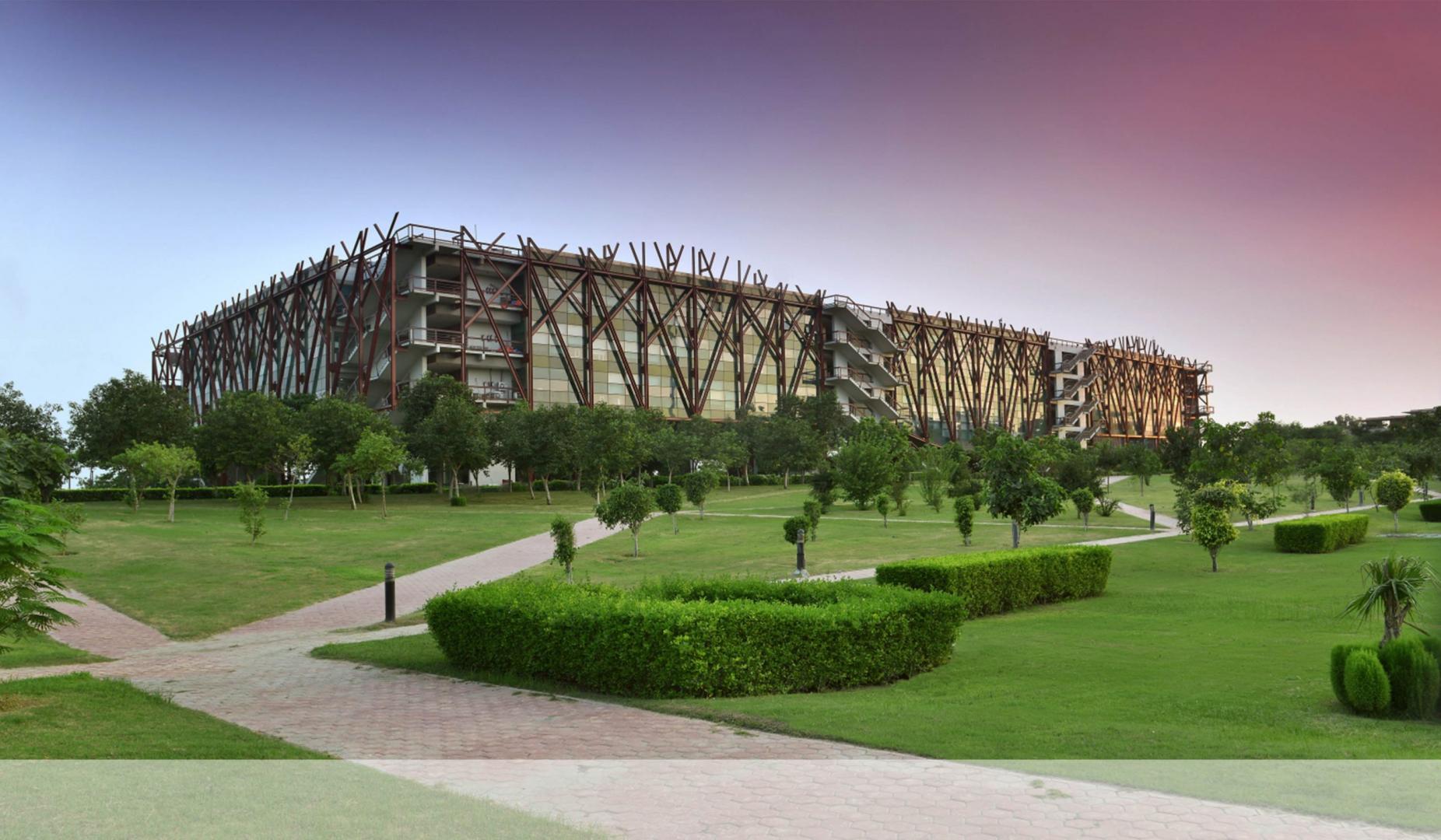

Cultural Expertise and Litigation: Practices in South Asia and Europe [International Workshop]
Contact: ashwin@jgu.edu.in
Deadline: Sat, 16 Jul 2022
The workshop is organized as part of a collaborative project on 'Cultural Expertise and Litigation in South Asia and Europe' funded by the Independent Social Research Foundation. This project builds on contemporary research on cultural expertise, a prime hub of which is the EURO-EXPERT project led by Professor Livia Holden. Contributions dealing with single countries in South Asia or Europe as well as comparative intra-regional and cross-regional contributions are invited, covering primarily (but not exclusively) areas of criminal law, family law, Indigenous rights, historical memory, and migration or asylum.
Questions to be tackled include (but are not limited to):
- How are different understandings of 'expertise' in the social sciences and humanities ingrained into positive law in different jurisdictions, and how are they interpreted by courts and judges? Are some of these understandings excluding or downgrading particular types of expertise or knowledge that could benefit more informed and justified outcomes of judicial decision making?
- How do local traditions and discourses on expertise in matters of culture and society influence the legal doctrine and practices? In the South Asian context in particular, how has colonialism historically shaped the material and conceptual structures for the production of cultural expertise?
- Is cultural expertise gendered? If so, in what ways does gender intersect with the identities of expert witnesses, their performance and the actors surrounding the use of cultural expertise?
- What factors determine the inclusion of cultural expertise in contentious court cases where social scientific knowledge may have an impact on judicial decision making? In empirical terms, does the involvement of expert witnesses on matters of culture tend to have a conservative effect, or does it contain radically transformative possibilities?
- Are there any indicators of similarities or differences between (selected) jurisdictions in South Asia and Europe in their use of cultural expertise? What (historical, doctrinal or contextual) factors might shed light on these similarities/differences? In particular, how do caste and race condition the production and deployment of cultural expertise?
- How do the perspectives of different participants (attorneys, judges, expert witnesses) on cultural expertise relate to/contrast with each other? Are there particular issues where some appear more open to inclusion of cultural expertise than others?
- How do cultural experts themselves perceive their involvement in court cases? What deficits do they identify in institutional support and the legal regulation in their respective jurisdiction? Is their perspective on the regulation of cultural expertise taken into consideration by lawmakers and adjudicators?
For more details, please consult the full Call for Papers (link).
The contributions will advance the research agenda on cultural expertise and studies on the understanding and possibly conflicting conceptions of expertise that are discernible in legal discourses. Traditional journal articles, but also innovative formats such as research notes, review essays or critical case notes will be considered for inclusion in the workshop.
Timeline and format: The workshop will be organized on 2-3 December 2022 in a hybrid format to enable both in-person and remote participation.
Contributions from both senior and junior scholars as well as experts on the topic from outside the academia are welcome, and contributions from historically underrepresented groups in the academia are particularly encouraged.
- Deadline for abstract submissions (final extension): on a rolling basis by 15 July 2022
- Peer review and selection of contributions for inclusion in the workshop: on a rolling basis by 1 August 2022
- Draft full manuscripts for the workshop due: 10 November 2022
- Workshop: 2-3 December 2022
- Full revised manuscripts for the co-conveners’ review due: February 2023
- Full revised manuscripts for journal submission and peer review due: 15 March 2023
Please submit your extended abstract of 500 words via this online form (https://forms.office.com/r/RjQraCeW7a) at your earliest convenience and no later than 15 July 2022. Please address any questions on this call to ashwin@jgu.edu.in.











